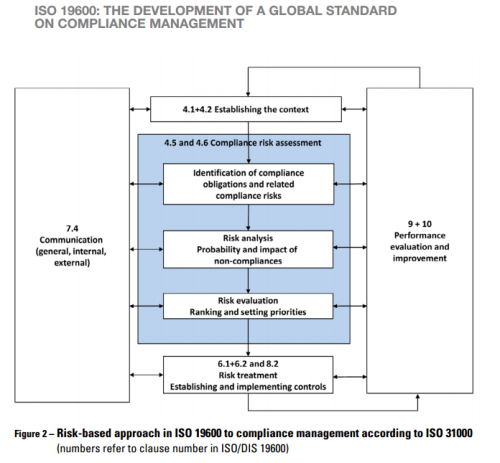Enrique Suarez
Source:
Andre Damon
Five major international banks are expected to plead guilty as soon as next week to criminal charges in the US related to their deliberate manipulation of global foreign exchange markets, which allowed them to rake in billions of dollars at the expense of retirees, university endowments and municipalities.
Citigroup, JPMorgan Chase, Royal Bank of Scotland Group, Barclays and UBS are expected to plead guilty to felony fraud and antitrus





